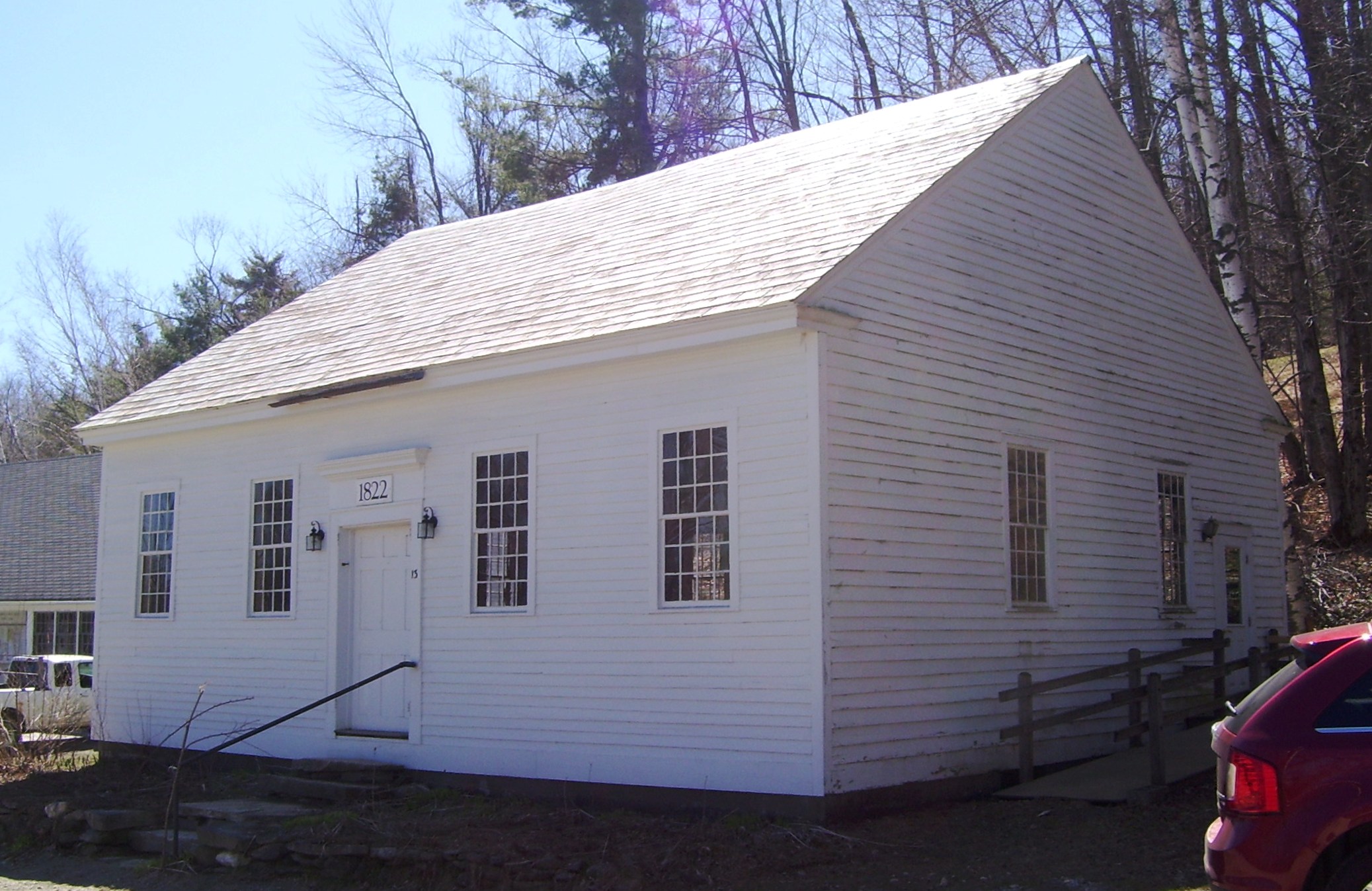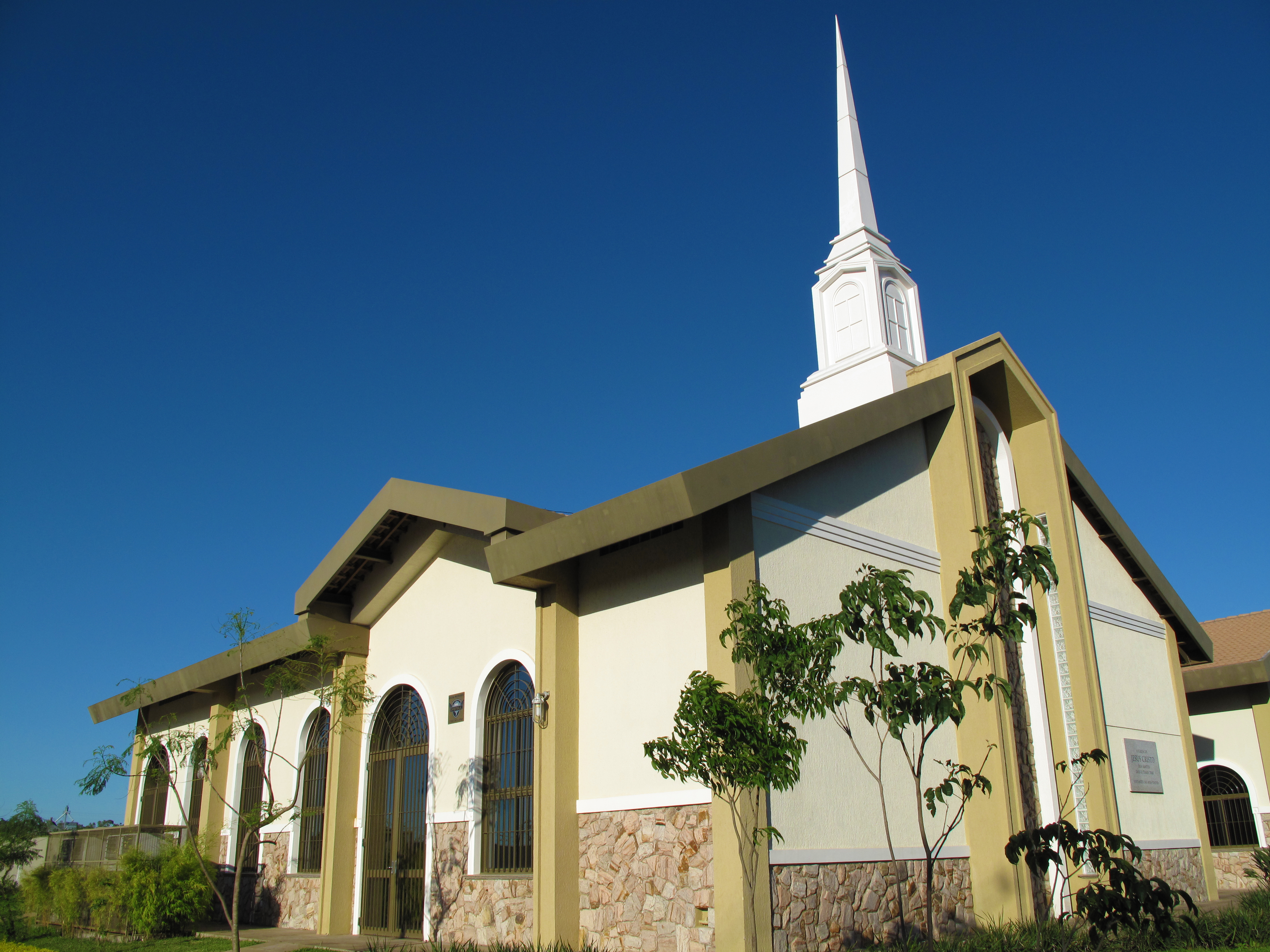Meeting-house on:
[Wikipedia]
[Google]
[Amazon]
 A meeting house (meetinghouse, meeting-house) is a building where religious and sometimes public meetings take place.
A meeting house (meetinghouse, meeting-house) is a building where religious and sometimes public meetings take place.
 The
The 

 The nonconformist meeting houses generally do not have steeples, with the term "steeplehouses" being used to describe traditional or establishment religious buildings.
Christian denominations which use the term "meeting house" to refer to the building in which they hold their worship include:
*
The nonconformist meeting houses generally do not have steeples, with the term "steeplehouses" being used to describe traditional or establishment religious buildings.
Christian denominations which use the term "meeting house" to refer to the building in which they hold their worship include:
*
 A meeting house (meetinghouse, meeting-house) is a building where religious and sometimes public meetings take place.
A meeting house (meetinghouse, meeting-house) is a building where religious and sometimes public meetings take place.
Terminology
Nonconformist Protestant denominations distinguish between a *church
Church may refer to:
Religion
* Church (building), a building for Christian religious activities
* Church (congregation), a local congregation of a Christian denomination
* Church service, a formalized period of Christian communal worship
* Ch ...
, which is a body of people who believe in Christ, and;
* meeting house or chapel
A chapel is a Christian place of prayer and worship that is usually relatively small. The term has several meanings. Firstly, smaller spaces inside a church that have their own altar are often called chapels; the Lady chapel is a common typ ...
, which is a building where the church meets.
In early Methodism
Methodism, also called the Methodist movement, is a group of historically related Christian denomination, denominations of Protestantism, Protestant Christianity whose origins, doctrine and practice derive from the life and teachings of John W ...
, meeting houses were typically called preaching houses (to distinguish it from a church house), which hosted itinerant preacher
An itinerant preacher (also known as an itinerant minister or evangelist or circuit rider) is a Christian evangelist who preaches the basic Christian redemption message while traveling around to different groups of people within a relatively sh ...
s.
Meeting houses in America
colonial meeting house
A colonial meeting house was a meeting house used by communities in colonial New England. Built using tax money, the colonial meeting house was the focal point of the community where the town's residents could discuss local issues, conduct rel ...
in America was typically the first public building built as new villages sprang up. A meeting-house had a dual purpose as a place of worship and for public discourse, but sometimes only for "...the service of God." As the towns grew and the separation of church and state in the United States
"Separation of church and state" is a metaphor paraphrased from Thomas Jefferson and used by others in discussions regarding the Establishment Clause and Free Exercise Clause of the First Amendment to the United States Constitution which reads: " ...
matured the buildings which were used as the seat of local government
The seat of government is (as defined by ''Brewer's Politics'') "the building, complex of buildings or the city from which a government exercises its authority".
In most countries, the nation’s capital is also seat of its government, thus tha ...
were called a town-house or town-hall.


 The nonconformist meeting houses generally do not have steeples, with the term "steeplehouses" being used to describe traditional or establishment religious buildings.
Christian denominations which use the term "meeting house" to refer to the building in which they hold their worship include:
*
The nonconformist meeting houses generally do not have steeples, with the term "steeplehouses" being used to describe traditional or establishment religious buildings.
Christian denominations which use the term "meeting house" to refer to the building in which they hold their worship include:
*Anabaptist
Anabaptism (from Neo-Latin , from the Greek : 're-' and 'baptism', german: Täufer, earlier also )Since the middle of the 20th century, the German-speaking world no longer uses the term (translation: "Re-baptizers"), considering it biased. ...
congregations
**Amish
The Amish (; pdc, Amisch; german: link=no, Amische), formally the Old Order Amish, are a group of traditionalist Anabaptist Christian church fellowships with Swiss German and Alsatian origins. They are closely related to Mennonite churches ...
congregations
**Mennonite
Mennonites are groups of Anabaptist Christian church communities of denominations. The name is derived from the founder of the movement, Menno Simons (1496–1561) of Friesland. Through his writings about Reformed Christianity during the Ra ...
congregations
* Congregational churches with their congregation-based system of church governance. They also use the term "mouth-house Mouth-house is an English translation of the German ''Mundhaus,'' a term used by Martin Luther for a Protestant Christian church, emphasizing that God's word and God's salvation is an acoustical affair.Luther, Martin, and Suzanne Tilton. Through the ...
s" to emphasize their use as a place for discourse and discussion.
*Christadelphians
The Christadelphians () or Christadelphianism are a restorationist and millenarian Christian group who hold a view of biblical unitarianism. There are approximately 50,000 Christadelphians in around 120 countries. The movement developed in th ...
*The Church of Jesus Christ of Latter-day Saints
The Church of Jesus Christ of Latter-day Saints, informally known as the LDS Church or Mormon Church, is a nontrinitarian Christian church that considers itself to be the restoration of the original church founded by Jesus Christ. The ...
(Mormons
Mormons are a Religious denomination, religious and cultural group related to Mormonism, the principal branch of the Latter Day Saint movement started by Joseph Smith in upstate New York during the 1820s. After Smith's death in 1844, the mov ...
) uses the term "meetinghouse" for the building where congregations meet for weekly worship services, recreational events, and social gatherings. A meetinghouse differs from an LDS temple, which is reserved for special forms of worship.
*Provisional Movement
*Religious Society of Friends
Quakers are people who belong to a historically Protestant Christian set of denominations known formally as the Religious Society of Friends. Members of these movements ("theFriends") are generally united by a belief in each human's abili ...
(Quakers), see Friends meeting house
A Friends meeting house is a meeting house of the Religious Society of Friends (Quakers), where meeting for worship is usually held.
Typically, Friends meeting houses are simple and resemble local residential buildings. Steeples, spires, and ...
s
*Spiritual Christians
Spiritual Christianity (russian: духовное христианство) is the group of belief systems held by so-called ''folk Protestants'' (), including non-Eastern Orthodox indigenous faith tribes and new religious movements that emerge ...
from Russia
*Some Unitarian congregations, although some prefer the term "chapel" or "church".
*The Unification Church
The Family Federation for World Peace and Unification, widely known as the Unification Church, is a new religious movement, whose members are called Unificationists, or "Moonie (nickname), Moonies". It was officially founded on 1 May 1954 unde ...
The meeting house in England
In England, a meeting house is distinguished from a church or cathedral by being a place of worship fordissenters
A dissenter (from the Latin ''dissentire'', "to disagree") is one who dissents (disagrees) in matters of opinion, belief, etc.
Usage in Christianity
Dissent from the Anglican church
In the social and religious history of England and Wales, ...
or nonconformists.Oxford English Dictionary Second Edition on CD-ROM (v. 4.0) © Oxford University Press 2009
See also
* Moot hall * Chapel § Modern usageReferences
Sources
*Congdon, Herbert Wheaton. ''Old Vermont Houses 1763–1850.'' William L. Bauhan: 1940, 1973. . *Duffy, John J., et al. ''Vermont: An Illustrated History.'' American Historical Press: 2000. . *{{commons-inline, Meeting houses Local government Types of church buildings